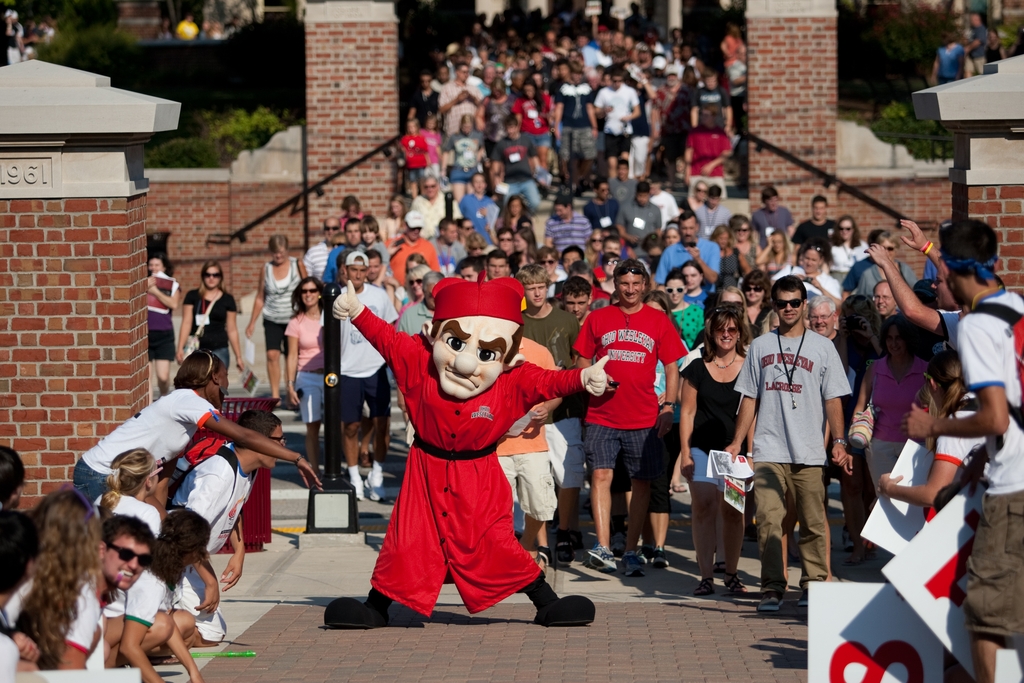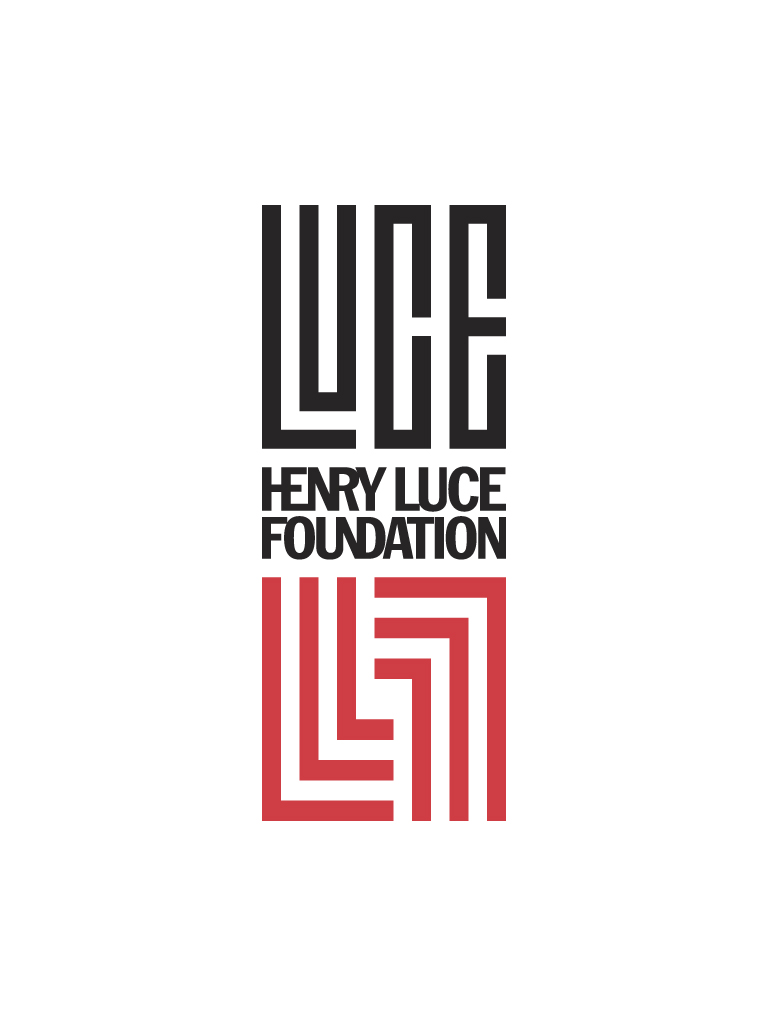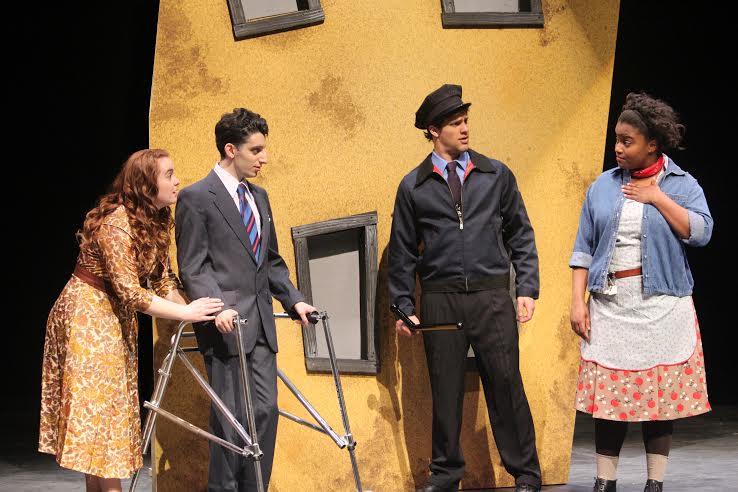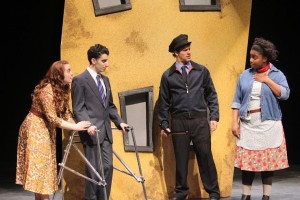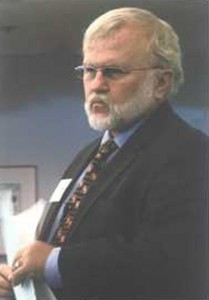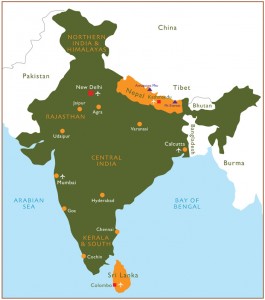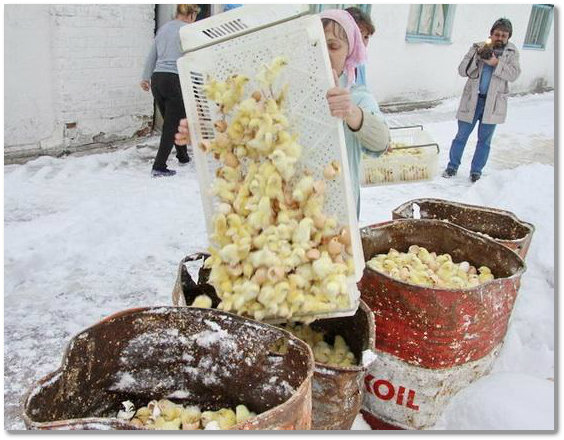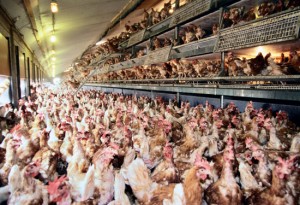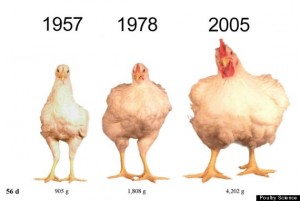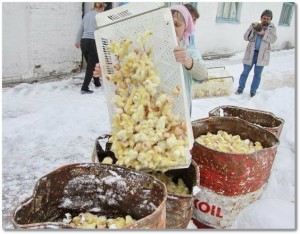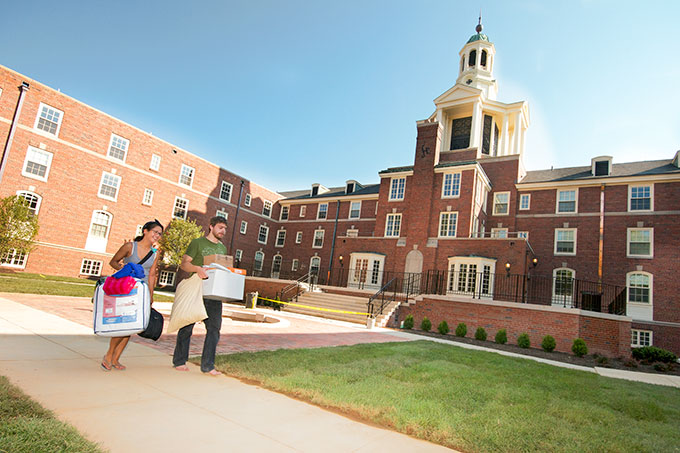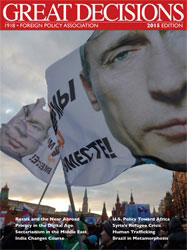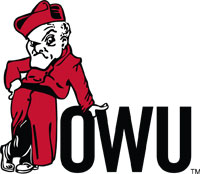Upperclassmen and young alumni were asked about their freshmen year through online interviews. This is what they had to say:
What do you wish you had known as an incoming freshman at OWU?
Julia Stone ‘16
That I shouldn’t try to take on too many things. Balancing a social life with homework and still having enough alone time to recharge was a huge challenge for me, and for a lot of my fellow introverted friends. I wish I had known that it’s impossible to do everything, and that I am only human.
Ibrahim Saeed ’15
You have to submit add/drop forms yourself to the registrar; no department will do it for you. Sounds basic, I know, but I ended up needing to petition to change courses after two weeks and was also fined $40.00.
Lauren (Lo) Rump ‘15
I wish I knew how homesick I was going to be, but how important it would be to stick it out. I was incredibly homesick my first semester of OWU; I almost transferred. While I think OWU is filled with inclusive and welcoming communities, I don’t necessarily think these communities will always seek you out as a freshman.
Yasmin Radzi ‘16
I wish I knew about work study jobs during the first week of school.
Anthony Lamoureux ‘14
I wasted so much of my first year fighting with myself and trying to hold onto some idea of who I was in high school and what my family wanted me to major in. It took me three years to figure out that I should have followed my heart in the first place.
Alanna Easley ‘18
The most important thing in the first few weeks is just being friendly and meeting people. Friends drift around for the first couple of months, so it’s nice to make connections early and keep your options open. That being said, you don’t have to be friends with everybody. Some people just don’t click, and that’s okay.
Kyle Simon ‘15
I wish I knew how I could branch out and make friends better.
Ellen Sizer ‘18
I wish I knew that it is okay not to know everything right away. That is the joy of being a freshman—everything is new!
What was the weirdest or craziest thing that happened to you your freshman year?
Caitlin Burton-Dooley ‘17
I rushed and SLUshed, and it was the most amazing thing. There are so many things that I’ve learned from both of those groups.
Saeed
I developed a taste for black coffee and am now addicted to it. I also got my pocket picked at Clancey’s (Pub), losing my cell phone on Halloween night. I argued with cops outside the bar in a Luigi costume.
Stone
I got to go to Italy with my choir. Also, I jumped in the fountain on the JAYWalk while I had bronchitis and my phone was in my pocket. Luckily, my roommate had couscous, and I soaked it in that overnight to get the water out. It started working again, but then I dropped it off of a rollercoaster! Finally, my friend and I made cookie dough in my bathroom in a pot we found in a cupboard of Smith Hall’s kitchen.
Elizabeth Riggio ‘14
The day that me and my two other roommates who went through formal recruitment found out at the same time that we were in the same sorority house. We were nervous to say anything for a minute because we weren’t sure what the others would say, and then it was just a huge amount of excitement when we all said the same house. It may not be the craziest memory, but it was definitely good.
Sizer
By accident, I skipped my first college final exam because I thought it was on a different day (don’t worry, I still took it). I got eight dreads in my hair, because, you know, college. I was able to balance school, three jobs, and heavy involvement in a club while somehow being genuinely happy about my busy life. The latter is probably the craziest.
Easley
I put off a paper way too long and ended up pulling an all-nighter to finish it. I decided to fuel myself with Monster to power through it, so I walked to UDF (United Dairy Farmers gas station) and bought three Mega-Monsters. Not paying attention to how fast I was drinking them as I worked, I drank all three in about an hour and a half. After a bit, I started shaking, overheating, and then hallucinating—I thought people were walking through the room, I saw shadows moving around me, and the Eevee postcard on my roommate’s desk started yelling at me for procrastinating. Morals of the story: don’t procrastinate, and monitor your caffeine intake.
Lamoureux
We had a school day that was cancelled! It was crazy! We had a blizzard that caused the entire academic side of campus to be covered in an inch of ice… So we all just went on the JayWalk and played in the freezing rain. There used to be yarn strung around all of these trees near the theatre (OWU’s Chappelear Drama Center), and it was so cool to go under it and feel the yarn frozen into one kind of ice sculpture.
Teona Council ‘17
The relationships I formed with various people on campus. For the most part everyone is super chill, and willing to get to know you or work with you on something. That’s weird because that type of environment isn’t something that happens everywhere.
What about OWU or college life in general surprised you the most?
Sizer
Things you need don’t just magically appear. Like, I have to go and buy stamps if I want to send a letter. My mother isn’t here to give them to me. Or, if I need really anything, it’s up to me, which is surprisingly really nice. I like being dependent on myself more. This doesn’t mean I don’t need help every once in awhile, but it’s nice to feel more independent about my decisions.
Simon
I think OWU surprised me in that I wasn’t as ready to take on college as I thought I was.
Rump
It is so easy at OWU to find what you are passionate about or where you fit in, and become a leader and important player on campus. I left OWU feeling the same way I left high school: feeling I made a positive impact and that my time there mattered.
Easley
The people at OWU are extremely accepting. I never made friends very easily before college, but I fell in with a great group of friends early on and have continued to make new ones almost every day. The community is open to people from all walks of life, which was quite refreshing.
Burton-Dooley
How happy and lovely everyone is.
Riggio
I think in a way OWU became my family. Living and working with such a small community means you get to know everyone. Some people may not like this, but to me that’s a beautiful thing. I felt very close with my peers, and class in particular. It’s amazing to walk down the street and feel like you are part of more than just a university, but a close community. I loved feeling connected to many different clubs, sports, events, professors, and students. It really is special. Even if there are times now and then when you wish you were more anonymous.
Saeed
It surprised me how friendly everybody was, and how much people respect you for who you are. I was worried there would be peer pressure and it would be hard to fit in, but it was quite the opposite. Just be yourself and everyone will love you for who you are. I met some of the nicest people I know during college.
Radzi
What surprised me the most was how much I was going to be so attached to OWU. I turned in my deposit before I even visited the school. When I visited the school, I knew I was going to feel right at home. I am still surprised to this day how much I love OWU. Going to OWU was literally the best decision I have made in my life! The professors, the opportunities, and the people have made my undergraduate experience such a unique and special experience.
What is one piece of advice you have for the incoming freshmen?
Lamoureux
Take advantage of all of the extra opportunities that OWU has to offer, whether it be travel-learning courses, TiPiT grants, fraternities, sororities, SLUs, sports. Be a part of something that is bigger than you! All of these opportunities allow you to become closer to both people at OWU and others around the country and world. We can sometimes forget that there are so many big and amazing things outside of the OWU bubble. But, if you allow yourself to take risks and try new things that you would have never expected, amazing things can happen.
Burton-Dooley
Find something you love and you’ll find people you love, and it will always make you happy.
Rump
Don’t hold on to high school so tightly, and accept the change that is college and the rest of your life. Don’t get worked up if people you befriend freshmen year don’t turn out to be your soulmates come sophomore year and beyond. Everyone is so eager to pair up and find their “people” those first couple weeks, and that is important, but as the years go on, you will change and evolve and mostly likely many of those freshmen friends will too, and that is part of the process. Finally, [care] about your grades. When it’s senior year/graduation time and you start thinking about grad school, all those B- and C’s from the beginning semesters start to haunt your transcript and GPA. You can recover, but it will take work.
Simon
Be ready to change.
Council
Make a friend and keep in touch with someone back home who you can depend on, whether that’s a parent, guardian or a friend, because the first year is overwhelming in some ways. Maybe it’s not academically, but maybe it’s socially, medically, or something else entirely. Having someone there can make a difference in how your year plays out.
Stone
Our student body embraces the strange oddball in all of us. If you are you, you’ll meet other people that love you for just that.
Saeed
Opportunities don’t come looking for you; you have to go seek them out. Go to school and enjoy yourself, and be there for the sake of learning. Don’t be married to grades—just enjoy learning and the grades will turn out great.
Riggio
Don’t get too consumed by any one thing. Try lots of things. Don’t assume you won’t like something or be interested in it without giving it a shot. You may surprise yourself.
